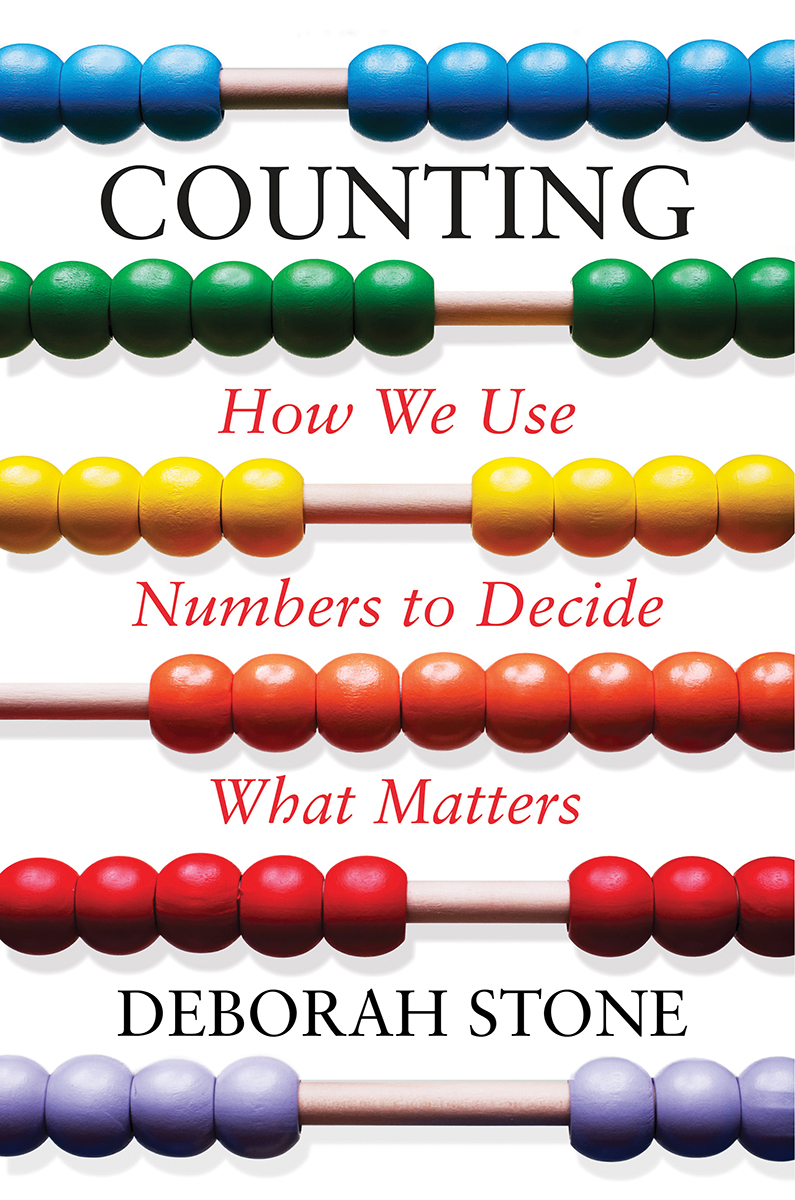What do you think?
Rate this book


312 pages, Hardcover
Published October 6, 2020
We acquire a sense of power by being able to make a difference in how other people treat us. Okay, some people get a sense of power from winning video games and coaxing smartphones to do their bidding, but these devices treat them to stare at their LED screens like zombies, oblivious to anyone else. Only interacting with humans can teach the social and civic skills that Konnor learned when he questioned his mother and grandmother about counting his age.